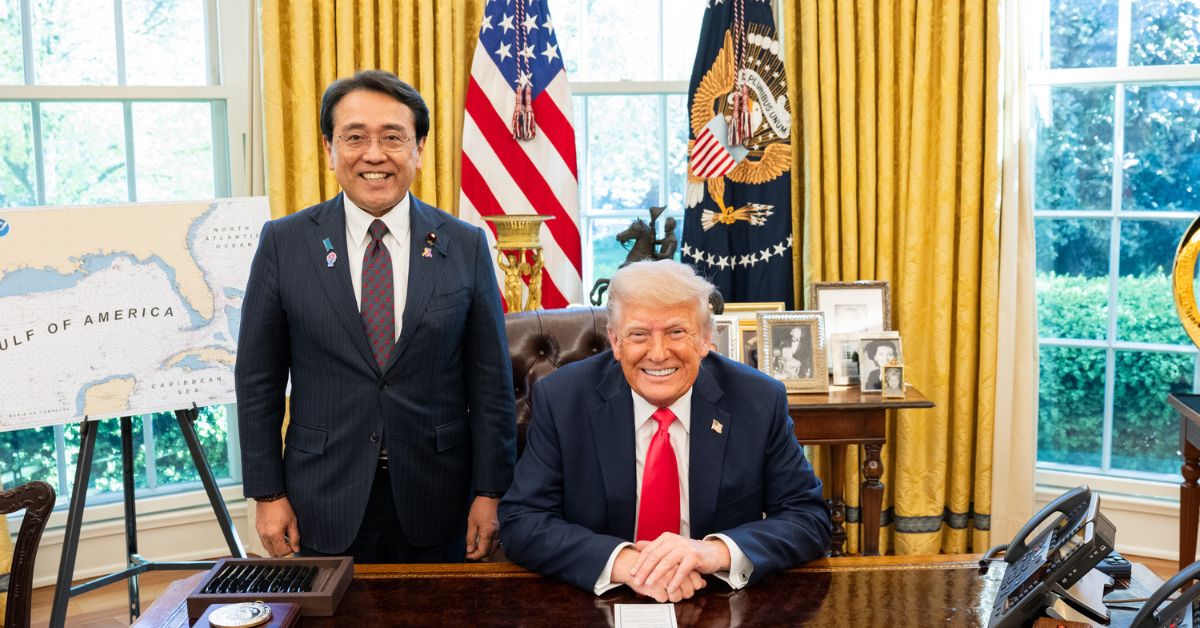On August 28, 2025, Japan’s top trade negotiator, Ryosei Akazawa, canceled a planned trip to Washington to finalize a joint statement on a U.S.-Japan trade deal, citing unresolved issues with the agreement announced on July 22. The deal promised a 15% tariff on most Japanese goods, reduced from a threatened 25%, alongside Japan’s commitment to invest up to $550 billion in the U.S. However, Japanese officials discovered that the U.S. applied the 15% tariff on top of existing tariffs, contrary to the agreement, prompting objections. Chief Cabinet Secretary Yoshimasa Hayashi emphasized the need for the U.S. to amend its presidential order and reduce auto tariffs to 15% from 27.5%, as agreed. This development highlights ongoing tensions and implementation challenges in the U.S.-Japan trade relationship, with potential implications for bilateral economic ties and domestic policies in both nations.
Impact Analysis:
1. Impact on State / Local Governance
- Potential delays in economic planning: Japanese prefectures and municipalities reliant on export-driven industries, such as automotive manufacturing in Aichi or Hiroshima, may face uncertainty in budgeting and economic development plans due to unresolved tariff issues.
- Increased pressure on local industries: Local governments may need to provide temporary support to auto and manufacturing sectors facing higher U.S. tariffs, straining regional budgets and resources.
2. Impact on National Governance & Politics
- Political pressure on Japanese leadership: Prime Minister Shigeru Ishiba faces domestic criticism for the lack of a binding agreement, potentially weakening his position within the Liberal Democratic Party, especially after its recent electoral setbacks.
- Push for stronger trade policies: The Japanese government may accelerate efforts to diversify trade partnerships or strengthen regional agreements, such as the Regional Comprehensive Economic Partnership, to reduce reliance on the U.S. market
3. Impact on Economy & Trade
- Continued strain on Japanese exporters: The delay in correcting the tariff “stacking” issue, which raised tariffs on goods like beef to 41.4% from 26.4%, could reduce export profitability, particularly for Japan’s auto sector, which accounts for 28.3% of U.S. exports.
- Economic ripple effects: Persistent high tariffs could lead to reduced production and job losses in Japan’s export-heavy economy, with analysts estimating a potential 0.8% GDP decline if tariffs remain elevated.
- U.S. market uncertainty: American businesses reliant on Japanese imports, such as auto parts or electronics, may face higher costs, potentially disrupting supply chains and increasing prices for consumers.
4. Impact on International Relations
- Strained U.S.-Japan alliance: The cancellation of talks and public urging for U.S. compliance could erode trust between the two allies, potentially affecting cooperation on security and regional issues like the Quad framework.
- Push for alternative trade alliances: Japan may intensify efforts to strengthen trade ties with the EU, China, or ASEAN nations, as evidenced by recent trilateral talks with China and South Korea, to counterbalance U.S. trade uncertainties.
5. Impact on People’s Daily Life & Society
- Rising costs for Japanese consumers: If U.S. tariffs remain high, retaliatory measures or reduced exports could increase prices for imported goods in Japan, such as U.S. agricultural products, affecting household budgets.
- Job security concerns: Workers in Japan’s auto and manufacturing sectors may face job insecurity due to reduced U.S. market access, particularly in regions dependent on companies like Toyota and Honda.
Latest Government Data / Stats
Japan’s U.S. export value: In 2024, Japan’s exports to the U.S. totaled 10.3 trillion yen ($70.34 billion), with auto exports comprising 28.3% of shipments, highlighting the sector’s economic significance.
U.S. trade deficit with Japan: The U.S. recorded a $68.8 billion goods trade deficit with Japan in 2024, underscoring the importance of the trade deal for balancing bilateral trade.
Largest Impact Area: Economy & Trade The largest impact is likely in economy and trade due to the direct effects of delayed tariff corrections on Japan’s export-driven economy and U.S. supply chains. Japan’s auto sector, a cornerstone of its economy, faces significant profit losses from the unresolved 27.5% tariff on autos and the “stacking” issue, which raised tariffs on goods like beef to 41.4%. These disruptions threaten Japan’s GDP, with estimates suggesting a potential 0.8% decline, and could increase costs for U.S. consumers reliant on Japanese imports. The $550 billion investment pledge, intended to secure lower tariffs, remains uncertain, further complicating economic planning for both nations.
Conclusion:
The cancellation of Japan’s trade talks with the U.S. over tariff implementation issues signals persistent friction in bilateral trade relations, threatening economic stability and diplomatic ties. Swift resolution is critical to mitigate impacts on exporters, consumers, and the broader U.S.-Japan alliance.
Author
-

Tyler Grayson brings global events to your screen with clarity, depth, and context. With a background in political science and international relations, Tyler covers diplomacy, global conflicts, climate issues, and major policy shifts with a balanced, facts-first approach. His reporting connects the dots between headlines and their real-world impact.







